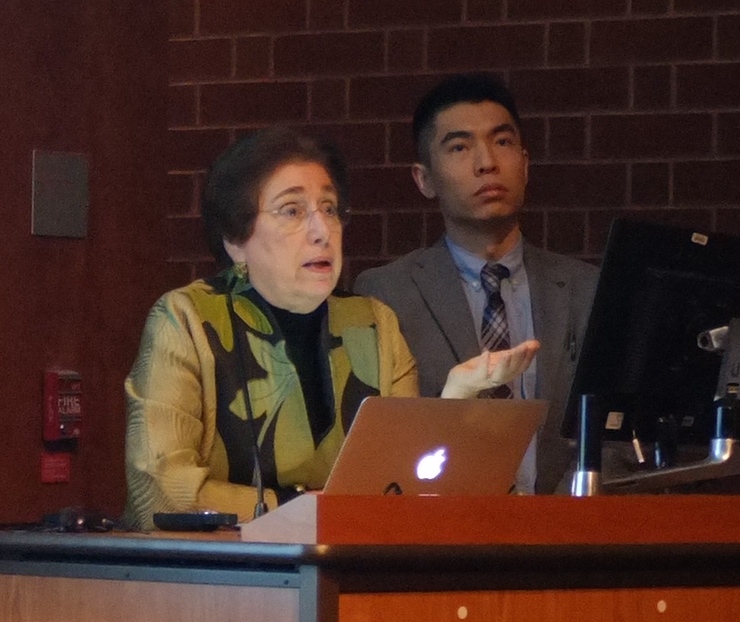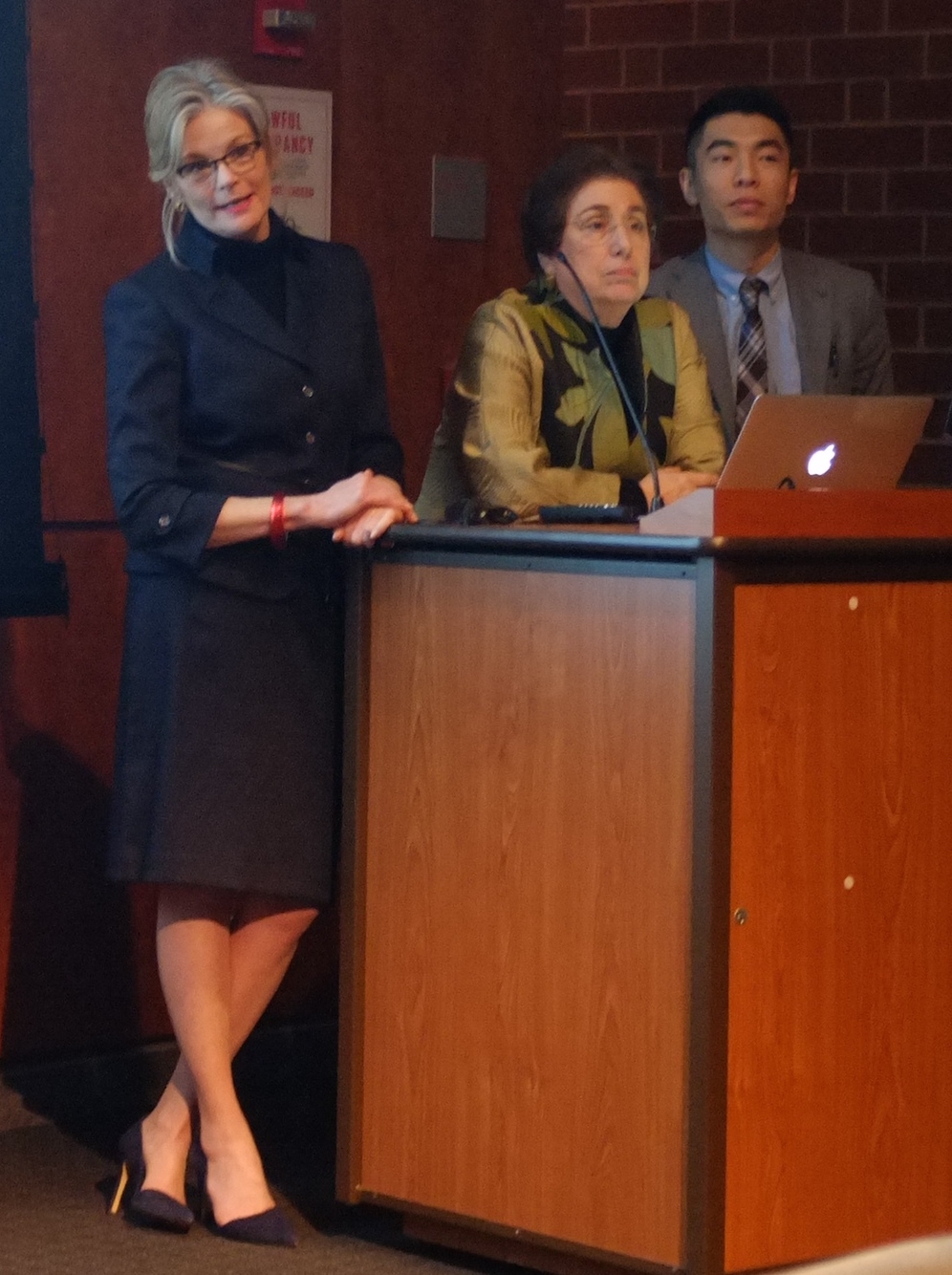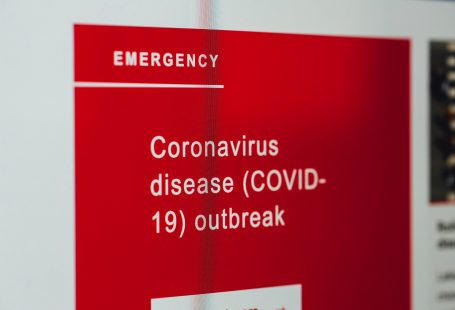I have been deeply involved in a project that culminated in a collaborative Grand Rounds presentation late last month. I was fortunate to have Drs. Ellen Berman and Yu-Heng Guo on my team as we demonstrated the necessity of family inclusion in psychiatric practice.
Not just the necessity, but the “how-to.”
This presentation gave me the opportunity to operationalize what comes ‘naturally’ to me at this point in my career. I have been a couple and family therapist for over 30 years. What, after all this time, is my philosophy of treatment? How do I put into words what I have come to intuit about families ?
I gave it some thought, and talked it over with family psychiatrist and CCAF founder, Dr. Ellen Berman. Here’s the result of our conversation: our philosophy:
“Psychiatric problems and family dynamics are intertwined; there is an ongoing interplay between the individual and his/her relational system that supports or inhibits movement toward health. This stands in contrast to the historical struggle between psychiatry and family therapy, which was framed as an either/or choice point when considering treatment.”
Indeed there are times when we work closely with family members to support their loved one with medication compliance. This is particularly true when there has been a diagnosis such as Bipolar Disorder; the psychiatrist is part of the treatment team, along with the family.
Our goals in clinical work with families are collaboration, curiosity, and crafting a narrative.
“We work as a collaborative team with the family to adopt a position of curiosity about what brought them to this moment in time. Together we craft an initial narrative to help the family begin to make sense of their current situation; the initial narrative is based on the family genogram and the timeline of significant events as the family has moved through the life cycle.
All narratives are constructed to find a “way in” to the patients’s capacity for symptom reduction and a return to forward movement through their life cycle.”
This position of curiosity is an important facet of our work. To experience a clinician as wondering, speculative and interested is necessary for the family. It enables them to step back and begin to construct a story about what happened. Were there numerous losses during a particular year? Old wounds that remain unhealed?
When a family arrives at my office, they are usually feeling sad and incompetent that they have not, despite their best efforts, been able to alleviate their loved one’s symptoms. It is a difficult experience when the love in a family cannot ‘cure’ the heartache of depression or prevent the random illness or accident. We are at great risk when we love another person, and we feel that most profoundly in family relationships.
It is also important to recognize how hard family members work to support their loved one, how tired they are and how much respect they need for their efforts towards health for the family.
It does help to construct a timeline of significant events that, woven together, tell a story. It is the cohesive narrative of the family’s movement through time that supports forward motion. Sometimes we introduce new language: power, abuse, gender roles, for example. The narrative is both explanatory and generative, opening the possibility for even more stories to be told about what is happening.
A favorite part of our Grand Rounds experience was the discussion that followed with the audience. There were great questions and palpable excitement about the potential of family inclusion and family consultation.
The Center for Couples and Adult Families (CCAF) is fortunate to be situated in The Perelman School of Medicine Department of Psychiatry here at Penn. CCAF is an entire program dedicated to training in family inclusion. We have the opportunity to influence the next generations of psychiatrists to expand their thinking beyond the individual, and leverage the potential for healing and change inherent in family relationships.





